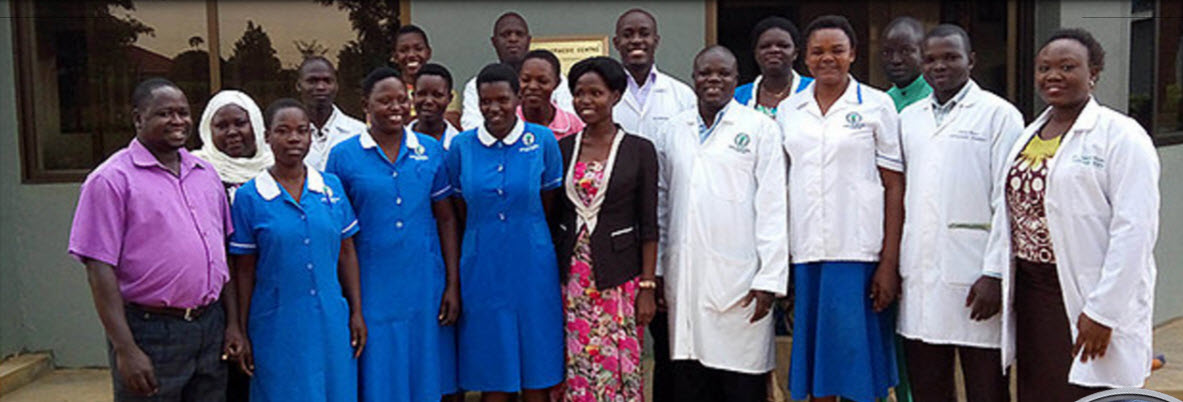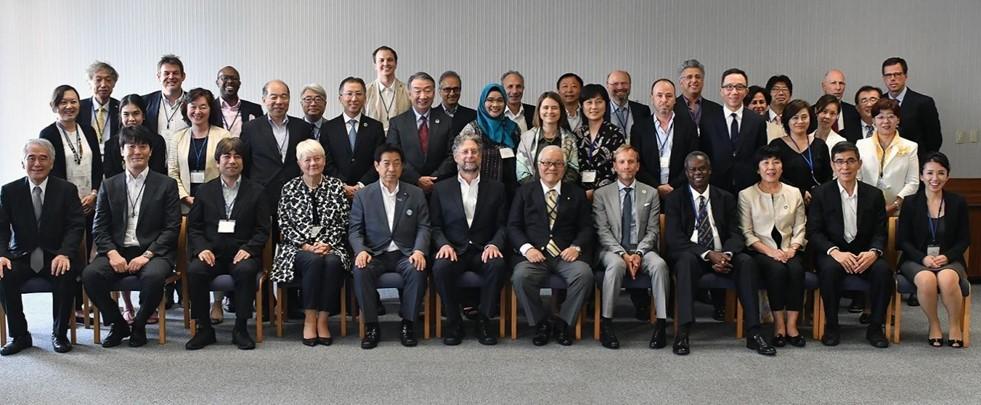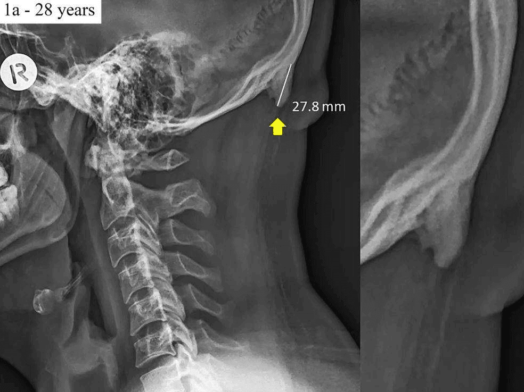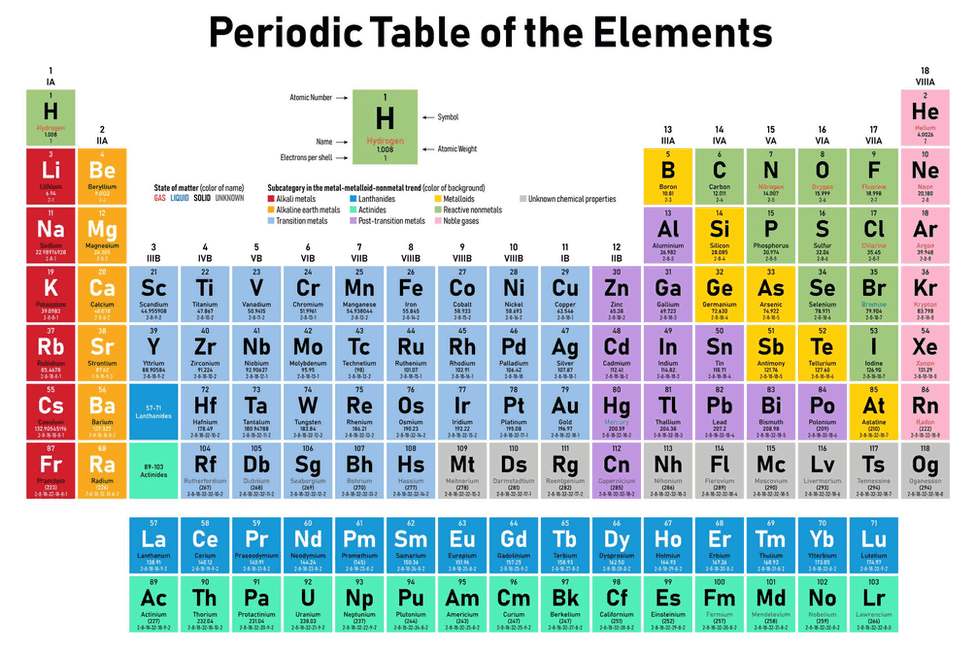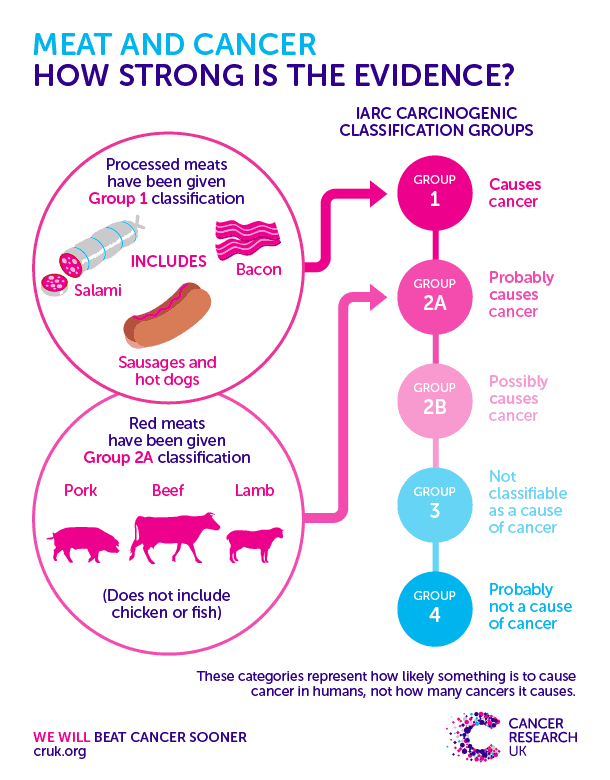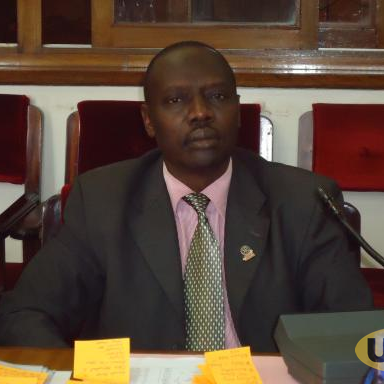Teso College Aloet won two cups at the 3rd annual Science and Technology Innovation Challenge, held in 2015. TCA’s Science and Technology Innovation Club (STIC) – commonly known as the Robotics Club – won best in the Eastern region and 3rd place overall with their automatic tyre changing system. The students of the club were also given certificates and an opportunity for industrial training in Kiira Motors Uganda.
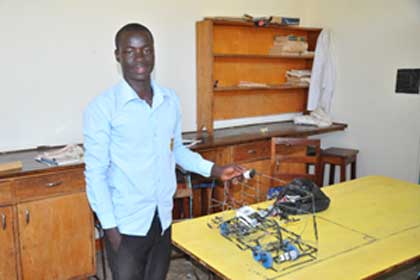
Abraham Erigu – Science Technology and Innovation Club
The members of STIC had to sacrifice their time to work on the project, some days only sleeping for two hours since they had to balance it with academics … with the team spirit and motivation that was given to the club members, they managed to come back with trophies.
STIC conceived of the idea of an automatic tyre replacement system that will reduce road accidents that are now commonly caused by the reduction in tyre pressure,with the goal of reducing road accidents in Uganda by the year 2040. The system works in such a way that when the car sensor detects reduction in tyre pressure, it automatically lowers the spare tyre, which is held fixed at a position that is ready for motion. The deflated tyre rolls upwards without the car stopping or the driver having to come out of the car to fix the tyre.
Competing teams were judged on the quality of their presentation, the project’s originality, innovation, and relevance, and how well a job they did in applying their knowledge about robotics to the project. Teams from the different regions of Uganda competed against each other for a chance at the Grand Challenge on 17th October, 2015.
It was a one-day competition and the students were given two weeks to prepare themselves. The members of STIC had to sacrifice their time to work on the project, some days only sleeping for two hours since they had to balance it with academics.They could also consult other persons where necessary. The project is owned by registered club members and they were the impetus behind the project.
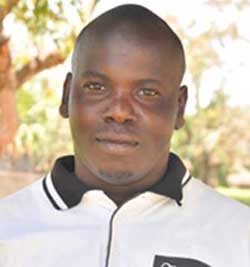
Olel Vincent Patron
Teso College Aloet had participated in this competition for the last three years without winning a trophy. However, this time around, with the team spirit and motivation that was given to the club members, they managed to come back with trophies. Since the main funder of the project is the school, the club had to raise funds for the purchase of the kit that was to be used.
ILabs@MAK-MIT’s online laboratory located at Makerere University’s College of Engineering, Design, Art and Technology in Kampala – provided a lab in which to work, as well as technical assistance and mentoring. The Science and Technology Innovation Challenges are designed to promote science and technology incubation through project-based learning in secondary schools in an effort to elicit early interest in science and technology careers among Uganda’s younger generation. The earlier the schools expose learners to modern technology, the easier it is to get self-driven participants



